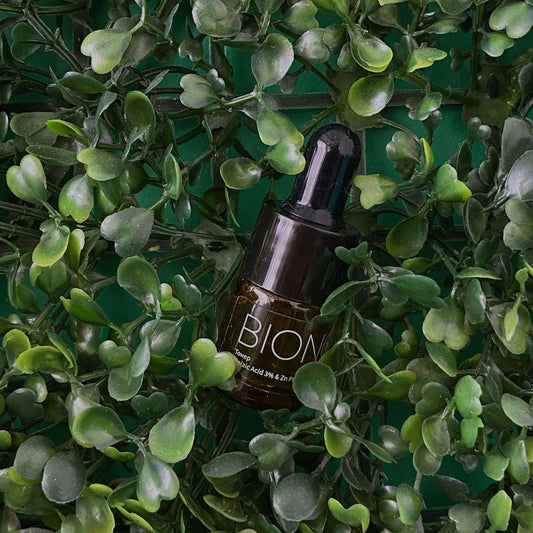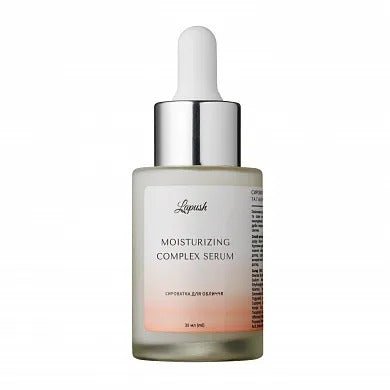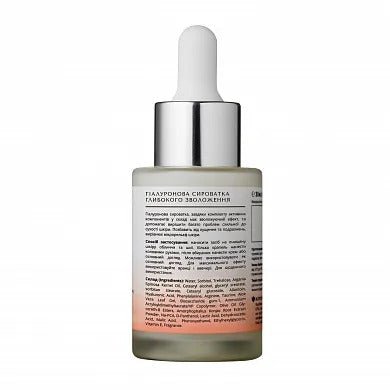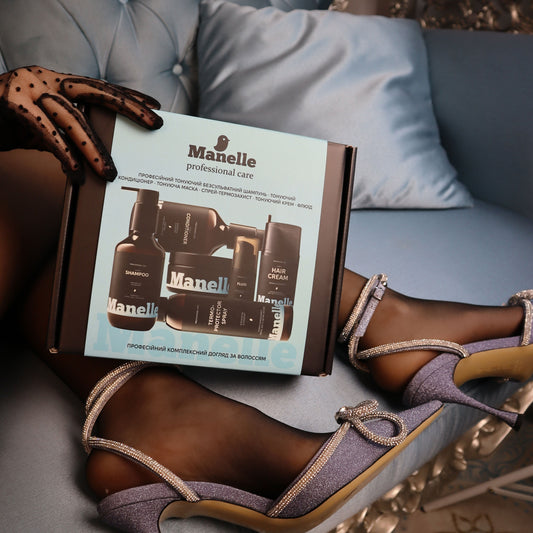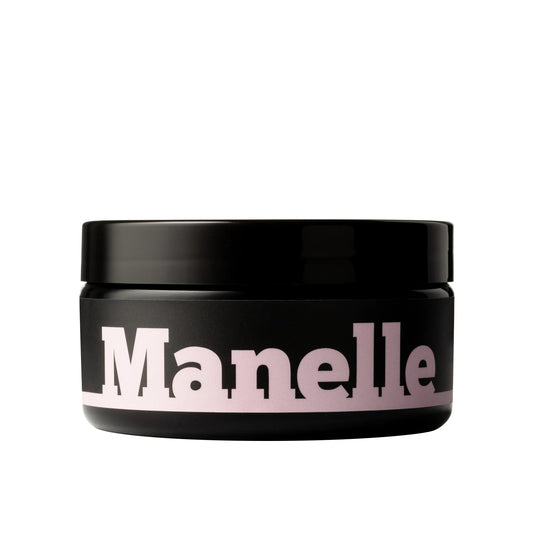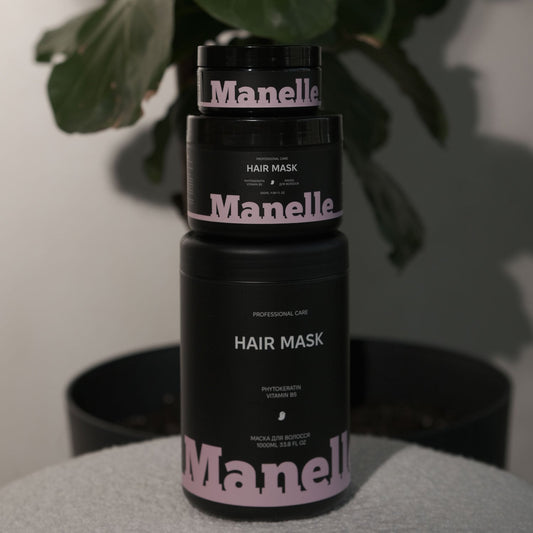
Intensive care: when skin and hair need more
Our skin and hair are exposed to stress, pollution, UV rays and temperature changes every day. Sometimes basic care is not enough, and then intensive care comes to the rescue - a system of procedures that works on a deeper level. This is not a luxury, but a necessity for those who want to maintain youthful, healthy appearance and strength of hair even in the most difficult periods of life.
What is intensive care and why is it important?
Intensive care is a complex of products with a high concentration of active ingredients designed to solve specific problems of the skin of the face or hair. Unlike daily creams and shampoos, such products contain powerful ingredients in increased dosages: hyaluronic acid, retinol, peptides, keratin, oils and vitamin complexes. They penetrate into the deep layers of the epidermis or hair shaft, triggering recovery processes at the cellular level.
Signals that it is time to move to intensive care:
- Feeling of tightness, dryness, or excessive oiliness of the skin
- The appearance of the first wrinkles, loss of elasticity and dull complexion
- Hair breakage, split ends or excessive hair loss
- Recovery after aggressive procedures (peeling, coloring, keratin)
- Age-related changes after 25-30 years, when collagen production slows down
Often the need for enhanced care arises unexpectedly - after stress, climate change or hormonal changes. Intensive programs are indispensable for preparing for important events or simply to maintain skin and hair in the best condition. The main thing is not to wait for a critical moment, but to act in advance.

Intensive facial skin care: restoration and protection
Facial skin suffers the most from external factors, because it is always open. Intensive facial skin care begins with a correct diagnosis of the skin type and its current condition. Dry skin requires products with ceramides and oils, oily skin - with acids and normalizing components, sensitive skin - with soothing extracts.
Serums and concentrates become the basis of intensive care. They have a light texture that allows active ingredients to quickly penetrate the deep layers of the dermis. For example, vitamin C in high concentration fights pigmentation and dullness, hyaluronic acid fills cells with moisture, and retinol stimulates cell renewal and smoothes wrinkles. It is important to apply these products to cleansed skin before your regular cream.
The main types of intensive facial products:
- Serums with a high concentration of active ingredients — vitamin C, hyaluronic acid, retinol, peptides
- Sheet and cream masks — for deep nourishment and hydration 2-3 times a week
- Alginate masks - for a lifting effect and improving facial contours
- Eye patches - quick help for puffiness, dark circles and first wrinkles
- Night concentrates - work actively during sleep, when the skin regenerates best
Intensive hair care: bringing life back to curls
Hair needs special attention, especially if it is dyed, bleached or regularly exposed to heat. Intensive hair care is aimed at restoring the structure of the hair shaft, strengthening the roots and protecting against further damage. The main task is to restore elasticity, shine and strength to the hair.
Key products for intensive restoration are deep-action masks, ampoule concentrates and special serums. Masks with keratin fill damaged areas of the hair, forming a protective layer. Oil complexes with argan, macadamia or jojoba nourish and prevent breakage. And products with silk proteins and panthenol make hair soft and manageable.
Intensive hair restoration program:
- Deep-acting keratin masks - 1-2 times a week for 20-30 minutes
- Ampoule concentrates for roots - course of 8-12 ampoules to stimulate growth
- Oil wraps — overnight or an hour before washing for nourishment
- Leave-in serums — daily protection against thermal effects and external factors
- Special shampoos and conditioners — maintaining the result between intensive treatments

How to choose the right intensive care products
The choice of products depends on the specific problem that needs to be solved. To do this, it is important to honestly assess the condition of your skin and hair. If in doubt, it is better to consult a cosmetologist or trichologist. They can conduct a diagnosis and select the optimal set of products.
What to pay attention to when choosing:
- Active ingredients should be in the first third of the ingredient list
- Concentration of key ingredients — from 5% for vitamin C, from 0.3% for retinol
- No harsh sulfates, parabens, or artificial dyes
- The texture of the product should match your skin or hair type.
- Brand reputation and availability of quality certificates
Price is not always an indicator of quality, but very cheap products rarely contain high concentrations of active ingredients. Intensive care is an investment, so it is better to choose proven brands with a good reputation. Pay attention to the volume of the package: concentrated serums last a long time, because they are used in small quantities. Also read reviews from real customers, but remember that each skin and hair react individually.
Step-by-step intensive facial care program
The effectiveness of intensive care depends not only on the quality of the products, but also on the correctness of their use. There is a certain sequence that maximizes the result. Let's start with the evening routine, because it is at night that the skin is most actively restored.
Stages of evening intensive facial skin care:
- Cleansing - two-phase makeup removal with hydrophilic oil and soft gel
- Toning — preparing the skin to absorb active ingredients
- Exfoliate — 1-2 times a week for better penetration of active ingredients
- Serum — application of a concentrate with the necessary active ingredients (vitamin C, hyaluronic acid, retinol)
- Eye cream - delicate care for the delicate skin around the eyes
- Moisturizing cream - locking in active ingredients and nourishment
In the morning, the regimen is simplified: cleansing, tonic, light serum, cream with SPF protection. Daytime care is less intensive, because the main work happens at night. But sun protection is a must, otherwise all efforts may be in vain due to UV damage.
Add a mask to your routine once or twice a week, depending on your skin’s needs. This will help your skin absorb the active ingredients from your serums better. It’s important not to overdo it with acids and retinol at the same time, as this can lead to irritation. Alternate between intensive products or use them at different times of the day.
Professional hair care secrets
Trichologists and stylists know little tricks that enhance the effect of intensive hair care. The first secret is the right water temperature. Too hot water opens the cuticle scales and makes the hair porous, so it is better to wash your hair with warm water and rinse with cool water.
The second point is the technique of applying the mask. The product should be distributed from the middle of the length to the ends, avoiding the roots if the hair is prone to oiliness. To enhance penetration, you can slightly warm the mask in your hands before applying. And if you wrap your hair with film and a warm towel, you create a sauna effect - the active ingredients work twice as well.
Additional secrets of effective care:
- Apply the mask to towel-dried hair, not wet hair — the concentration of active ingredients is not diluted.
- Massage your scalp for 3-5 minutes while washing - stimulates blood circulation and hair growth
- Use a wide-toothed comb to distribute the mask throughout the length.
- Rinse off the product completely - residues weigh down the hair and cause itching.
- Alternate moisturizing and protein masks for balance

Seasonal features of intensive skin care
Our skin and hair react differently to the change of seasons, so intensive care should be adjusted depending on the season. In winter, facial skin suffers from frost, wind and dry indoor air. During this period, more nourishing textures with oils and ceramides are needed, which strengthen the protective barrier.
Winter intensive care:
- Replacing light gel serums with oil concentrates
- Adding nourishing masks 2-3 times a week
- Using thermal water to relieve tightness
- Lip protection with special balms with a high oil content
- Enhanced hand care - paraffin masks and intensive creams
In summer, the emphasis shifts to hydration and protection from UV rays. Intensive facial skin care should include light gel serums with hyaluronic acid and antioxidants. Daily SPF 30-50 is mandatory, even if you don't go to the beach. Ultraviolet destroys collagen and accelerates aging, so sunscreen is the best anti-aging product.
Summer is also a test for hair: the sun, salt water, chlorine from the pool make them dry and brittle. Therefore, intensive hair care should be intensified in the summer: deep moisturizing masks 2 times a week, leave-in oils for sun protection, sprays after swimming. In spring and autumn, hair often falls out more intensively due to changes in hormonal levels - this is the time for stimulating masks with nicotinic acid and caffeine.
The most common mistakes in intensive care
Many people don't get the results they want from expensive products because of common mistakes. Understanding these mistakes will help you avoid disappointment and optimize your skincare routine. Even the best products won't work if you don't follow the basic rules for using them.
Mistakes that reduce the effectiveness of care:
- Impatience and expectation of instant results - intensive care requires at least 4-6 weeks for visible changes
- Simultaneous administration of all products - the skin may react with irritation to the sudden load of active ingredients
- Too frequent use of aggressive products - detox shampoos, peels and scrubs maximum once a week
- Ignoring SPF protection – any anti-aging care is useless without sun protection
- Incorrect application sequence - from lighter textures to denser ones, otherwise the active ingredients will not penetrate
Another common mistake is using products for the wrong purpose. For example, applying nighttime concentrates with retinol in the morning can cause photosensitivity. Or applying a mask for oily hair to a dry scalp will lead to even more dryness. Always read the instructions and follow the manufacturer’s recommendations for frequency of use.
When home skin care isn't enough
Sometimes even the best intensive care at home does not give the desired result. This is a signal that the problem is deeper and requires professional intervention. If after 2-3 months of regular use of intensive products the condition of the skin or hair has not improved, it is worth contacting a specialist.
When you need expert advice:
- Persistent skin problems - acne that doesn't go away, severe pigmentation, dermatitis
- Intense hair loss — more than 100 hairs per day for over a month
- Allergic reactions - redness, itching, rash after using the products
- Age-related changes - deep wrinkles, ptosis, which require hardware methods
- Scalp imbalance – seborrhea, severe dandruff, inflammation
A cosmetologist can offer salon procedures that will complement home intensive care: mesotherapy, biorevitalization, peelings, darsonvalization for hair. These procedures create synergy with home remedies and give faster results. But even after a salon course, you need to maintain the effect with a quality home routine. Professional procedures launch renewal processes, and home care consolidates and prolongs their effect.
Intensive care: an investment in yourself that pays off
Beautiful skin and healthy hair are not a coincidence or just genetics. They are the result of a systematic approach, in which intensive care plays a key role. Yes, quality products are more expensive than basic ones and require more time to use. But the effect they give is worth the effort: the skin becomes elastic and radiant, wrinkles are less noticeable, and the hair is strong and shiny.
The main thing is to find your own care formula that meets individual needs. There are no universal recipes, because each person is unique. Experiment, listen to your skin and hair, adjust your routine depending on the season and your health. And remember: beauty starts from within - a full sleep, enough water, a balanced diet enhance the effect of any, even the most intensive care.


